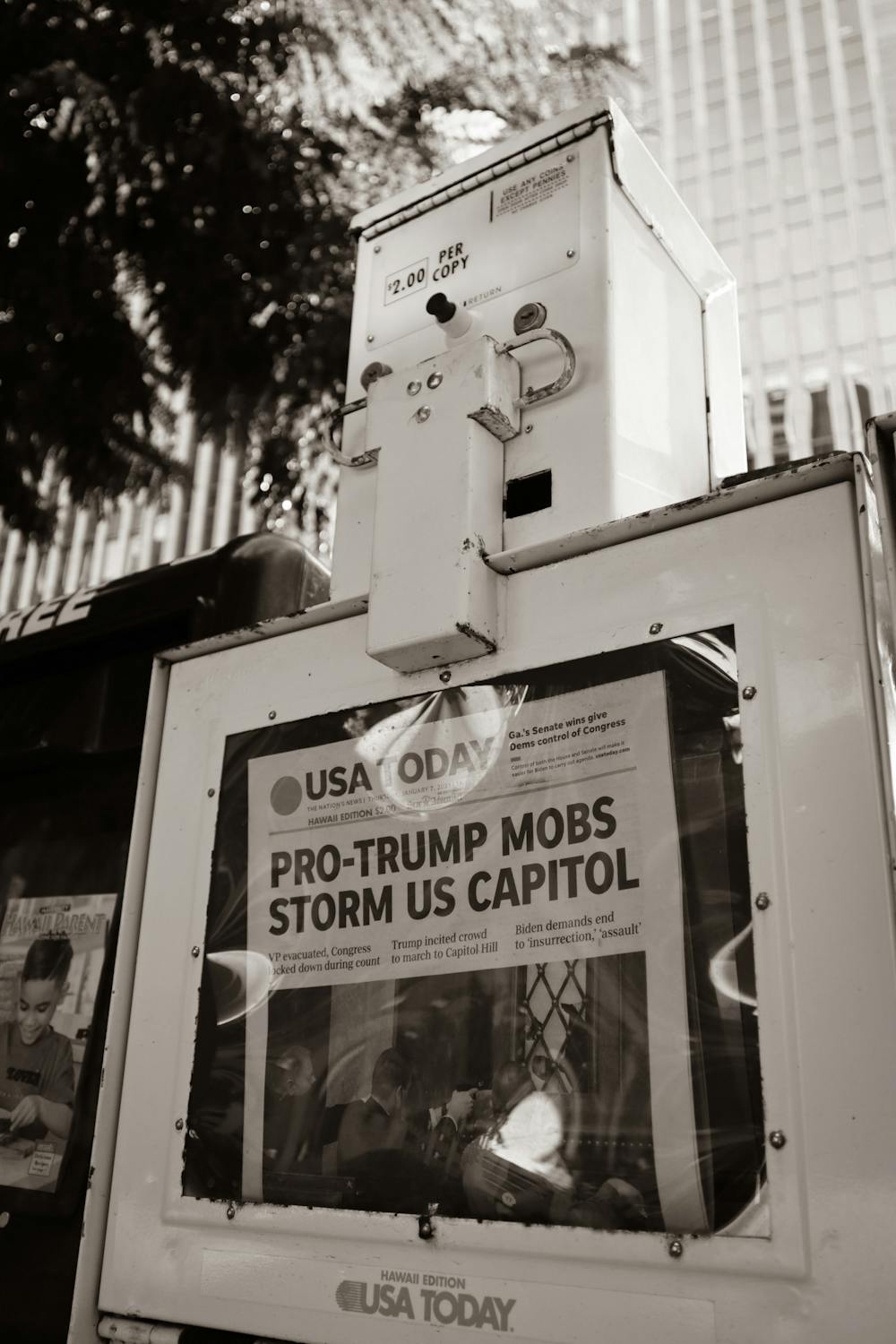On January 6th, 2021, the world was glued to their TV screens as they watched the mayhem at Capitol Hill. White supremacists and alt-right pro-Trump supporters stormed the Capitol Building, believing that they had the power to overturn the 2020 Presidential Election results, and the police did little to prevent the insurrection from occurring. The groundwork for the insurrection dates back to almost a year ago, but the planning for the insurrection happened across the span of several weeks. Tweets dating back to December 23, 2019 serve as evidence that the far-right was rallying to suppress democracy, and the federal government failed to take these sentiments seriously and act on time.
Quickly following the insurrection’s aftermath, the FBI tweeted a request for the public to help identify people who took part in the riot. I knew while watching the insurrection unfold that I wanted to funnel all my knowledge of computers and analysis to arrest the rioters. Millions of Americans felt the same way, however, it is not up to us to leave tips to the federal government or work together with the police because it allows law enforcement to gather information on us, our communities, and our friends and family. Even if you do not care about your information being on a police record or database, law enforcement can use it against your friends of color, increasing their likelihood of arrest at a protest for their liberation.
These rioters did not wear masks, announced their names on live TV, and posted images and videos all over social media. Given such information, the FBI had more than enough sources and the right technologies to discover who the rioters were. However, the difference is stark in how the police investigated the aftermath of the insurrection and during the Black Lives Matter protests over the summer. During the Capitol riots, the FBI is asking for help, whereas during the BLM protests, they deployed as much social media analysis as possible –– they were able to track down a woman accused of setting a police car on fire just by tracing a t-shirt she had worn from an Etsy store. So now, why is law enforcement asking us for help? It’s because they want to expand their sources of information on Black Lives Matter protesters and antifascists. Leftists and protestors who were at BLM marches are likely the ones willing to send tips to the FBI, allowing federal law enforcement a new entry point on collecting their information to easily track their activity in light of a next protest.
With the police acting too late on their investigation to prevent the insurrection from taking place, they took advantage of this opportunity to expand surveillance measures. Times of fear are never an appropriate time to make lasting policy choices, and as unsettling as the insurrection was, it does not justify providing police with the ability to radically surveil all our activities. Depriving citizens of their right to privacy normalizes the mass collection of our information and provides government agencies, who have historically hurt communities of color, with a new kind of unparalleled power. Even with all the technological advances law enforcement currently has, they failed to protect the votes of the American people, so how can we trust them with an even larger measure of our private information?
Unfortunately, several journalists, researchers, and civilian investigators are already working together with law enforcement to quickly identify, dox, and report the rioters. What is most concerning, is many of these individuals are turning to facial recognition technologies to identify the insurrectionists –– a form of technology that has been widely criticized for its flaws and a great need for regulation. Civil rights organizations such as Citizen Lab pride themselves on the caution of utilizing surveillance technologies while advocating for the rights and liberties of marginalized people. Yet, researchers from the organization utilized these same technologies to identify the rioters to the police –– normalizing and encouraging its usage. It is up to these same organizations to protect society against these new forms of excess government surveillance and greater abuses by law enforcement. These groups need to hold police accountable, not work with them.
In times of crisis, society is more willing to trade their civil rights in exchange for “safety.” After 9/11, the government abused this same fear and launched the PATRIOT Act, which hindered the civil liberties of many immigrants as well as Muslim and Arab Americans. The same glorification of even stronger technologies is present in the aftermath of the Capitol insurrection, and its normalization will only hurt these communities of color in the justice system. Facial recognition technology already incorrectly identifies the faces of Black and brown folk, causing many innocent lives to experience false arrests due to racial profiling. The technology’s biases come from the benchmark data that trains the FBI’s facial recognition software to recognize citizen’s faces. This information comes from a database that includes more than 641 million photos of Americans’ faces, which are largely from jail mugshot photos, Visa applications, and driver’s licenses. Therefore, it is unsurprising that these technologies recognize Black and brown men as criminals at an alarmingly high rate as opposed to white men. Normalizing these technologies gives these agencies the right to use our facial identification as methods for arresting individuals at liberation protests, like Black Lives Matter, and that only reverses our goal of eliminating white supremacy.
Given the issues, former FBI agents and President Joe Biden have suggested creating a new federal crime division of domestic terrorism. However, creating a new division within federal law enforcement is not the right choice. Representative Ilhan Omar (D-MN) tweeted her concerns that the solution is not to expand the powers of the same institutions and tools that have oppressed Black and brown people. If we are to create a country free of hatred, we need to abolish solutions that involve state repression and create policies rooted in the protection of civil liberties and human rights.



